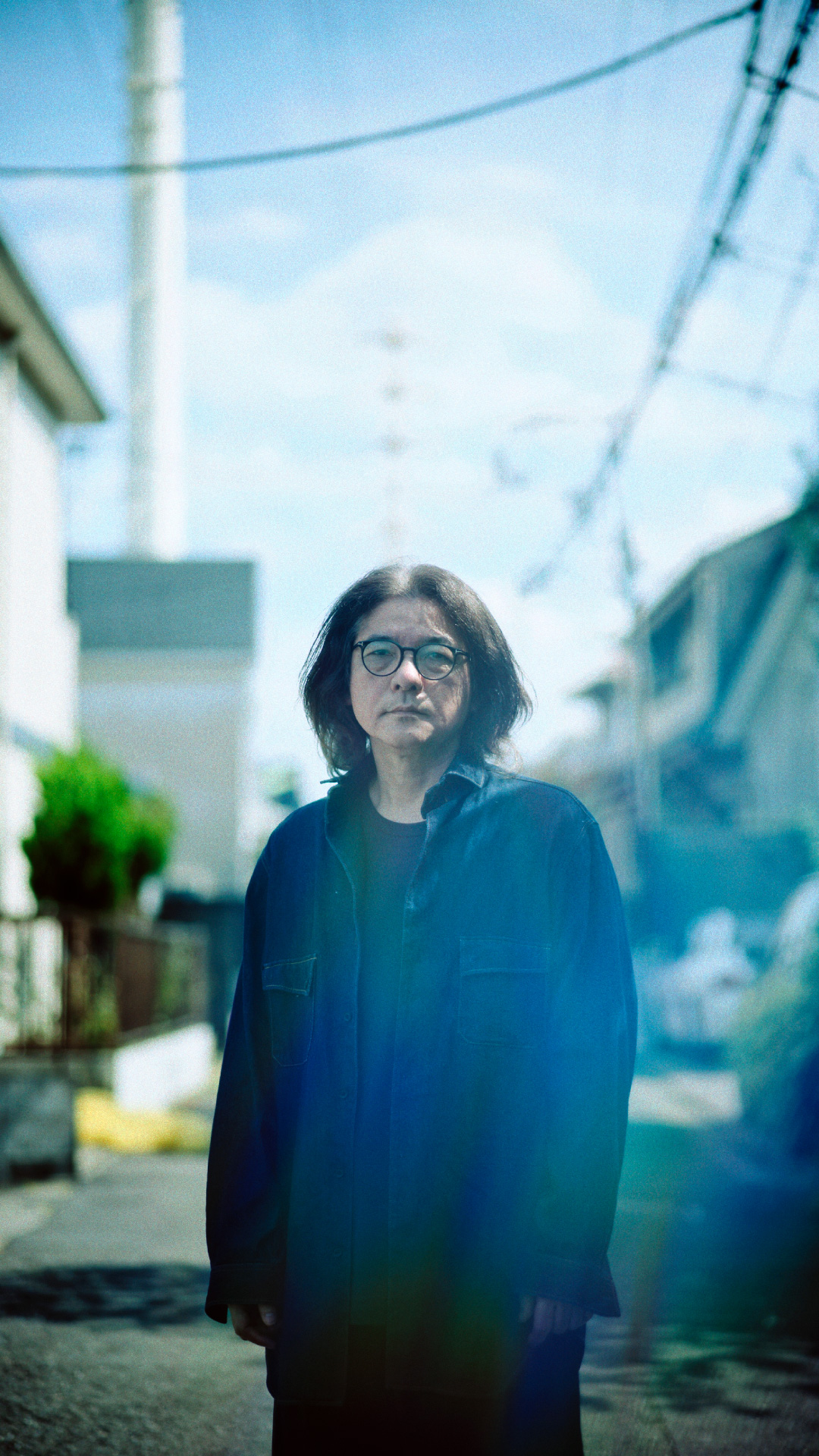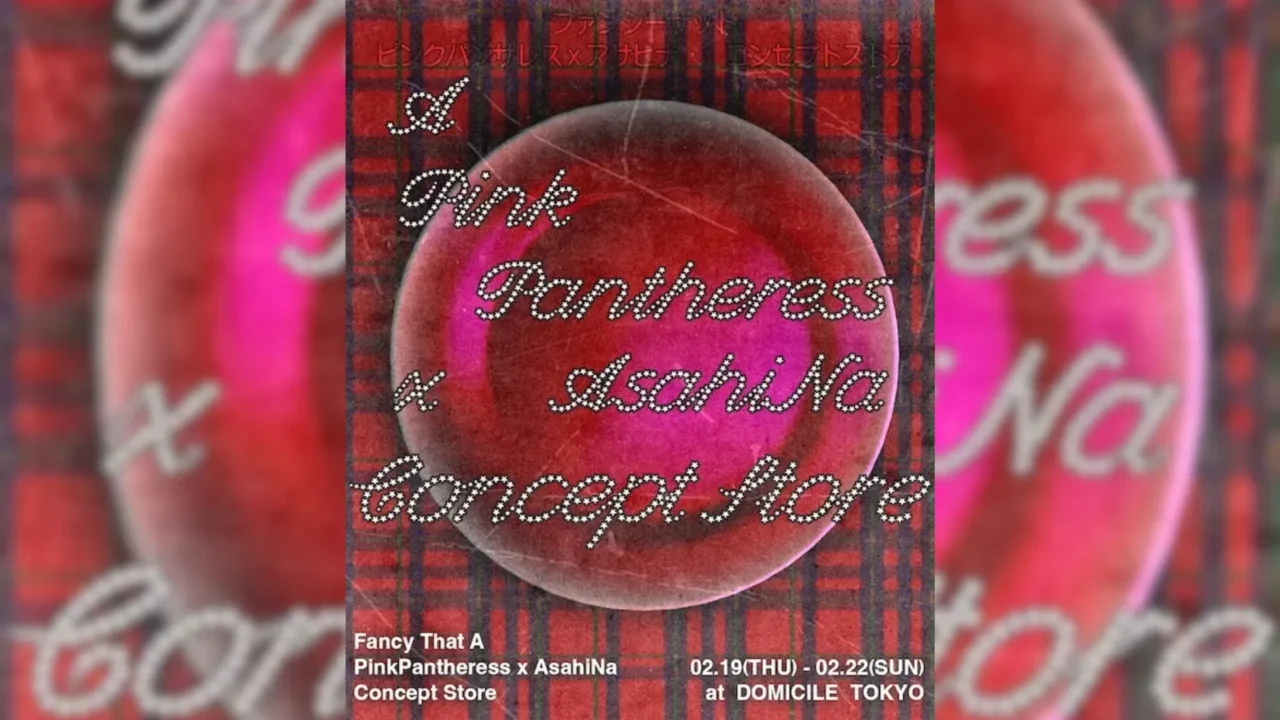INDEX
A Chance Encounter with Takeshi Kobayashi Through the Car Radio
Your films Swallowtail Butterfly (1996), All About Lily Chou-Chou (2001), and Kyrie (2023) are often called “music films,” all featuring music by Takeshi Kobayashi. What was it about his music that resonated with you?
Iwai: I was writing the script for Swallowtail Butterfly around 1994, right as the ’80s were ending. The ’80s were dominated by electronic instruments, especially electronic drums, which gave music a heavy, reverberant sound.
But in the ’90s, there was a shift toward drier, more stripped-down sounds, and that’s the vibe I connected with. I was listening a lot to American Motown records and ’70s artists like Carole King, so I wanted that kind of dry, intimate tone in the music. I was thinking about who could create that sound with me. Then one day, I heard “My Little Lover” playing on the car radio, and it immediately struck a chord. Since I’d directed music videos for Japanese band Southern All Stars, I knew Takeshi Kobayashi and felt there was a natural connection. Our musical tastes weren’t far apart at all.
How did you and Kobayashi collaborate on the music production?
Iwai: For Swallowtail Butterfly, we worked out of Kobayashi’s studio in New York, which featured analog amps and hired studio musicians — it was quite a lavish environment. We even went somewhere in Europe to record the orchestra. I guess that was the bubble era. The editing was done in Los Angeles as well. But for All About Lily Chou-Chou and Kyrie, the whole process took place more conventionally in Tokyo.
You started taking on the music yourself with Hana and Alice (2004), correct?
Iwai: Yes, I’ve always loved music since my student days and used to compose pieces for my indie films, but compared to professionals, I was nowhere near their level. For my early films like Love Letter (1995) and Picnic (1996), the music was done by REMEDIOS, and for Swallowtail Butterfly, I entrusted the score to Takeshi Kobayashi. I never really considered composing film music myself back then.
So how did you begin creating music on your own?
Iwai: One December, on a whim, I went to Yamaha’s Shibuya store and, with the staff’s help, picked up some software and a keyboard to make music on my PC. It started as a hobby, just playing around. The first piece I created was an arrangement of “Love Ballad” from The Inugami Curse [laughs]. I found it so enjoyable that every weekend I’d sit at my computer, composing music without any particular goal. The sound quality was impressive — the Roland SC-88. Later I learned that Ray HaraKami also used the same equipment, which thrilled me. The piano and acoustic guitar sounds were especially beautiful. Back in my student days, the sequencing gear I had just couldn’t produce such polished sounds no matter how hard I tried. After ten years, I was amazed at how far I’d come.
What prompted you to start composing music for your own films?
Iwai: It actually began with a commercial. It starred Takuya Kimura and was a parody of the Kindaichi Kosuke detective series. I created music inspired by The Inugami Family style for it. But I really started composing seriously with the soundtrack for April Story (1998). That took about three months. I felt confident then that if I took the time, I could make music myself.
Iwai: In the beginning, I worked under different pseudonyms, changing my pen name with each project. Eventually, JASRAC asked me to stop switching names so often, so I figured I might as well just use my real name.
You composed the entire soundtrack for Hana and Alice (2004), and its poignant, beautiful melodies left a strong impression.
Iwai: Thanks. Comedy scores are actually quite demanding because they require a wide range of styles. I aimed to base it on a classical tone, so I did a lot of research — listening, studying, and experimenting as I went. Around that time, I became obsessed with digital music programming, trying to replicate acoustic instruments on the computer. I tested countless sound libraries, rejected most of them, and kept searching endlessly for the perfect sounds… and yes, I spent quite a bit in the process.

























